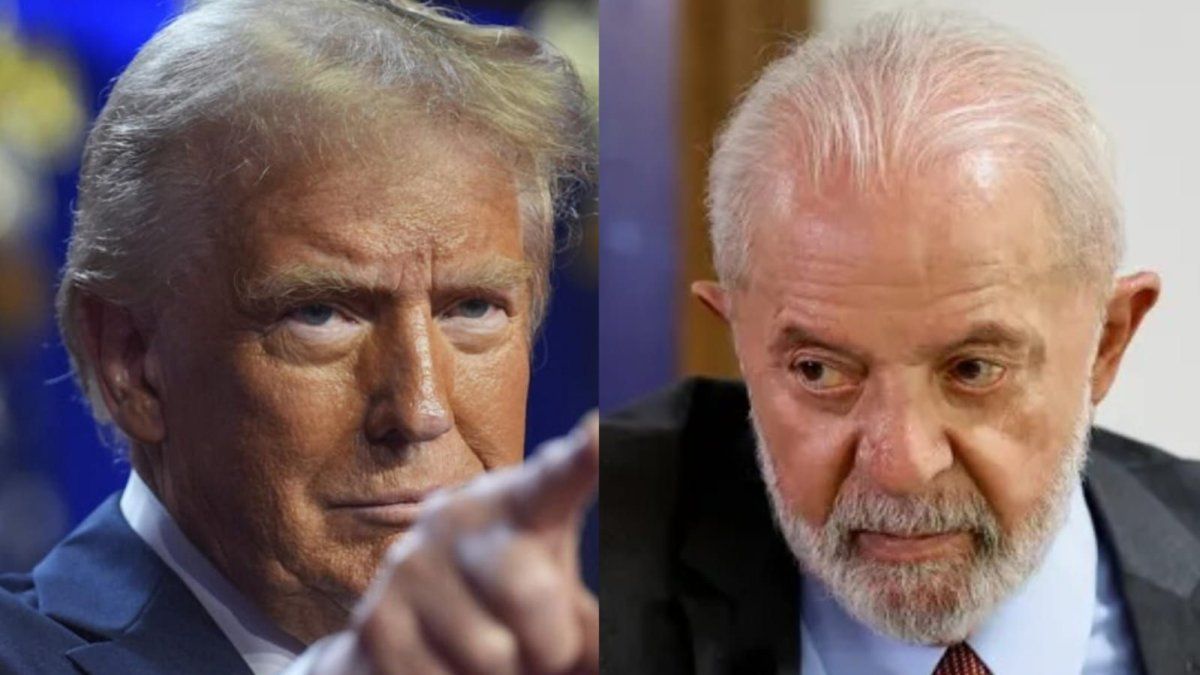By 9:45 a.m., the common currency had risen to $1.0022. According to market observers, the dollar is likely to suffer from the fact that weak US economic data could prompt the US central bank to take a more cautious interest rate hike with regard to the economy.
“Investors increasingly appear to be assuming that the pace of Fed tightening will soon slow down,” UniCredit analysts wrote on Tuesday. In addition to the economic data, the decline in yields on the government bond markets also signal a fading of interest rate hike expectations.
Before that, the dollar had benefited from the prospect of rising interest rates for a long time and appreciated against the euro. The background to this is the expectation that the US central bank will react to the high inflation with a more rapid course of interest rate hikes than its eurozone counterpart, the ECB.
Cheaper imports
The strength of the euro should please motorists, as the price of oil is traded in dollars and a stronger euro will dampen fuel prices. A strong euro generally makes imports cheaper, but makes export products less attractive.
The breakthrough above parity could now increase buying interest in the euro, according to UniCredit analysts. From a technical point of view, the analysts at Helaba also see the picture for the euro as positive at the moment. They locate the next hurdles above parity at $1.0050 and $1.0093.
The ECB’s interest rate decision on Thursday should now bring important impetus for currency trading. Analysts consider a rate hike of 50 or even 75 basis points to be practically fixed in advance.
Source: Nachrichten




